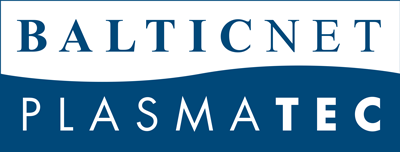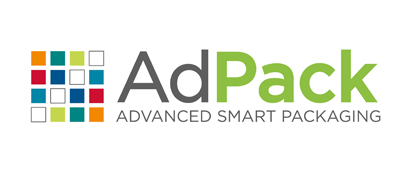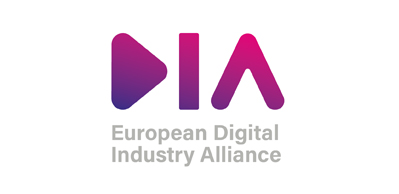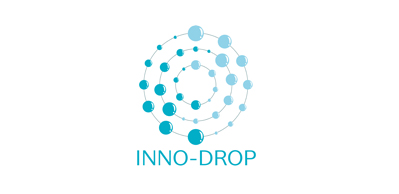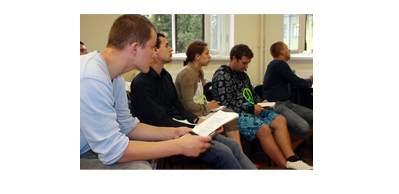
PlasTEP Summer School 2010 Riga Technical University Plasma technology for environment protection, August 9th – 20th, 2010
On behalf of the partners of the Baltic Sea Region programme project “PlasTEP” we are pleased to announce the international interdisciplinary Summer School on Plasma Technology for Environment Protection. This summer school will be hosted by the Riga Technical University (Latvia) and is going to be held from the 9th to the 20th August, 2010.
The summer school lasts for twelve days and includes presentations and discussion groups led by international experts in the field of plasma technologies, combustion and environmental protection. In addition to the discussion programme, the students are divided into teams to undertake short research activities on issues of importance within the plasma technology area, with a presentation to their peers at the end of the week. Time is also allocated for networking and for informal discussions with the assembled experts.
Students leaving at the end of the 12th day will have developed a network of contacts in the field of plasma technology and environment protection and will have gained a broad overview of the issues surrounding sustainable environment technology development and implementation.
Background
The pollution control of the environment is a transnational request of all countries and a strategic aim of the European Union. This is also reflected in the increasing tightening of the exhaust emission standards, particularly in the Baltic Sea Region countries. The intact nature represents an important commercial basis and therefore industrialisation must be conducted in an environmentally friendly manner. New possibilities for this will be opened by innovative plasma-based filter and water treatment techniques.
The main objective of the PlasTEP project is to clearly inform political and economic decision-makers about the practical possibilities of low-temperature plasma technology for environmental purposes to establish a market-driven transfer process.
For wide scale deployment, however, it is necessary to broaden the knowledge in industrialised and developing countries, particularly at an academic level. Training courses or summer schools are one way of contributing to this, by accelerating and supporting the dissemination of knowledge on the potential of plasma technology to students around the world.
Programme
The Summer school programme covers every aspect of plasma technology development and operation and aims to present the most recent information available in each field. The topics covered include:
- Pollutants of ambient air
- Treatment Technologies of the pollutants
- Plasma process and technologies
- Removal of NOx, SOx and VOC by plasma technologies
- Plasma water treatment
- Environmental impact assessment of technologies
- Economic justification of technologies
The leading experts in the area of plasma- and environmental technologies are approved as speakers for the Summer school programme like for instance:
- Dr. Ronny Brandenburg (Leibniz Institute for Plasma Science and Technology)
- Prof. Dr. Andrzej G. Chmielewski (Institute of Nuclear Chemistry and Technology)
- Dr. Eugen Stamate (Department of Energy Conversion and Storage, Technical University of Denmark)
- Prof. Mirosław Dors (Institute of Fluid Flow Machinery, Polish Academy of Sciences)
- Prof. Hana Baránková (Uppsala Universitet, Angström laboratory)
- Prof. Ladislav Bardos (Uppsala Universitet, Angström laboratory)
Target Group
The target group for the summer school is bachelor and master students, young scientists, e.g. PhD students with a background in engineering, environmental protection and socio-economics. Generally, 30 students from both developed and developing countries will participate in the Summer school.
Experts
Over 16 experts from industries and research institutions will attend the Summer school. The experts are in attendance throughout the summer school. They are there to lead discussions in their areas of expertise and are also available for leading smaller discussion groups on the project topics and other topics of interest to the students – this is a tremendous opportunity to gain from the experience of the assembled experts.
